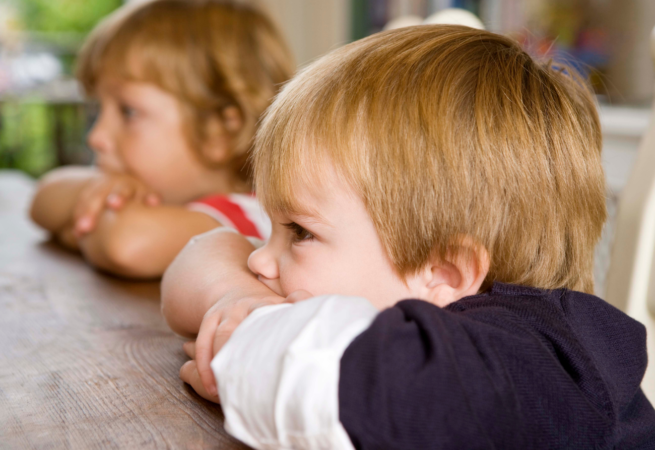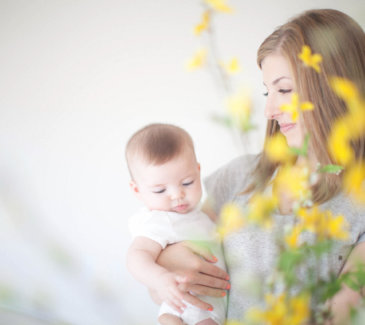How many moms and dads will be telling their children to lie and say “thank you” when Grandma puts her famous green bean casserole on their plates for Thanksgiving? Good parents diligently remind their children to say “please” and “thank you” but do good manners really teach our children to be grateful? How important is gratitude and can that be taught?
An article from Berkley.edu said, “Research has shown that gratitude plays a major role in an adult’s well-being and success” so researchers decided to find out if that was true in the life of a child as well. Their findings were very interesting. The research suggested that “grateful young adolescents (ages 11-13), compared to their less grateful counterparts, are happier and more optimistic, have better social support, are more satisfied with their school, family, community, friends, and themselves, and give more emotional support to others. We’ve also found that grateful teens (ages 14-19) are more satisfied with their lives, use their strengths to better their community, are more engaged in their schoolwork and hobbies, have higher grades, and are less envious, depressed, and materialistic.”
All of a sudden, gratitude seems pretty important! The article goes on to mention seven things a parent can do to teach gratitude to their children. I also wanted to point out a verse from Scripture that proves that their research “discovered” what God has already confirmed and affirmed!
- Model gratitude in your own life. Yep, once again we are reminded that our kids’ number one examples are Mom and Dad. Titus 2:7-8 “Show yourself in all respects to be a model of good works, and in your teaching show integrity, dignity, and sound speech that cannot be condemned.”
- Spend time with your kids and be mindful when with them. When you say “thank you” to your children, do you look them in the eyes and say it like you mean it? Philippians 2:4 “Let each of you look not only to his own interests, but also to the interests of others.”
- Support your child’s autonomy. Are you grateful for who they truly are, or just if they act like who you want them to be? 1 John 2:27 “But the anointing that you received from him abides in you, and you have no need that anyone should teach you. But as his anointing teaches you about everything, and is true, and is no lie—just as it has taught you, abide in him.”
- Use kids strengths to fuel gratitude. Are you grateful for their unique contributions to your family structure? What are they good at that strengthens and blesses everyone else? Show gratitude for the way they help make the family stronger. 1 Corinthians 12:14-19 “For the body does not consist of one member but of many. If the foot should say, “Because I am not a hand, I do not belong to the body,” that would not make it any less a part of the body. And if the ear should say, “Because I am not an eye, I do not belong to the body,” that would not make it any less a part of the body. If the whole body were an eye, where would be the sense of hearing? If the whole body were an ear, where would be the sense of smell? But as it is, God arranged the members in the body, each one of them, as he chose…”
- Support their goals. How can you help them achieve and become who they want to be? Teach them to be grateful by helping them succeed. Psalm 37:4 “Delight yourself in the Lord, and he will give you the desires of your heart.”
- Encourage helping others and nurturing relationships. If we teach our kids to be a good friend, chances are they will have good friends and be grateful for that fact. Ecclesiastes 4:9-10 “Two are better than one, because they have a good reward for their toil. For if they fall, one will lift up his fellow. But woe to him who is alone when he falls and has not another to lift him up!”
- Help kids find what matters to them. Parents help children discover their paths in life and nurture the passion to achieve their purpose. Jeremiah 29:11 “For I know the plans I have for you, declares the Lord, plans for welfare and not for evil, to give you a future and a hope.”
It is good to teach your kids to say “thank you” to Grandma for her green bean casserole. Just teach them they are thanking her for the time and effort it took for her to make that for everyone. Then teach them how to bury most of it under some mashed potatoes or a dinner roll. Our kids need to learn to be grateful for the things they have, the people who love them and the investment that others will make in their lives. If your children learn to be grateful to and for others they can learn to be grateful to God. That is the most powerful and important attitude of gratitude and it will impact every area of their lives.
I wish each of you a wonderful and blessed Thanksgiving!



